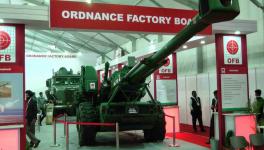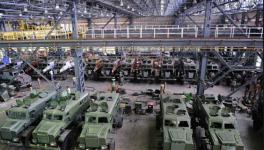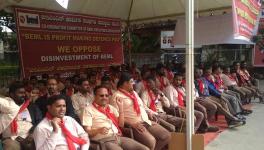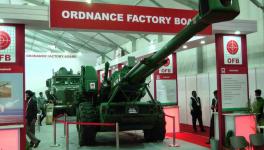Privatisation Plagues Armed Forces, Ordnance Factories to Shut Down?
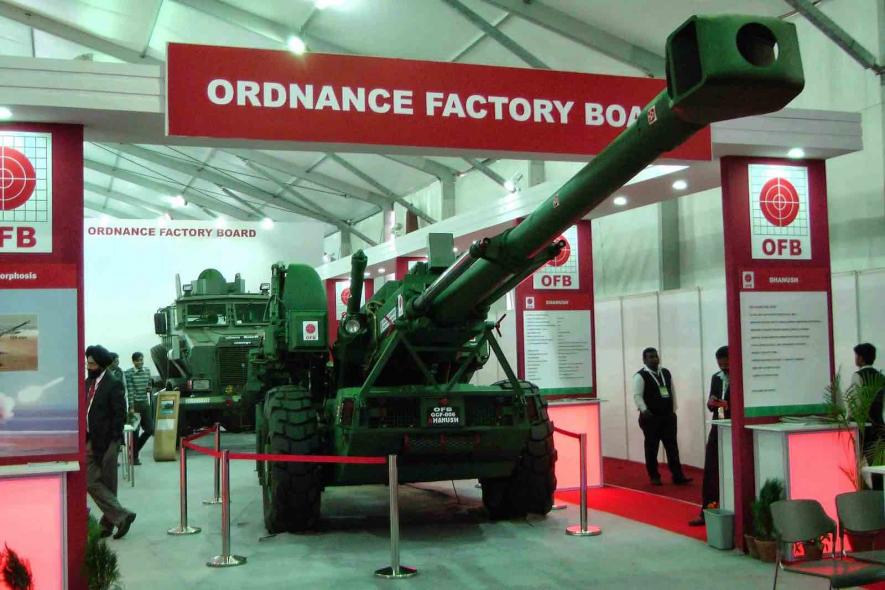
In an interview with The Economic Times recently, regarding the privatisation of the ordnance factories, Indian Army Chief General Bipin Rawat made claimed, “The media must do some more research on this subject. It’s actually better that soldiers buy uniforms on their own rather than from the ordnance factories. The ordnance factory vests are so thick that no one can wear them. So we let the jawan buy on his own, by his choice and when he wants. We are giving the access to quality clothing.”
Monetary compensation for selected items of personal clothing has been authorised as per the 7th pay commission, where Rs. 10,000 would be give as “dress allowance”.
General Rawat further elaborated “We have told the MoD (Ministry of Defence) that within the Rs 10,000 allowance, the soldier can buy 27 items. These 27 items would be rank badges, vests, different badges, etc., and only the daily OG (olive green) uniform and not combat uniforms.”
This, he said, would work out as a much improved system from the point of the view of the Army. “It is better this way rather than giving, let’s say, Rs 950 to the ordnance factories for stitching my uniform. In the market, however, I will only have to pay, let’s say, about Rs 400 to stitch a uniform, so why should I get it made from the ordnance factories when I can get it made from outside.”
This claim is clearly in favour of the government’s decision to cut down supplies up to 50 per cent from the state-owned ordnance companies.
C Srikumar, the general secretary of the All India Defence Employees Federation (AIDEF), had written a letter to the defence minister, where he had written: "The fluctuating demands of the Armed Forces and sometimes the limited requirements will not induce the private sector to dedicate their Unit's capacity for the Armed Forces”. Srikumar further pointed out in the letter: “… the private industries may be in a position to supply cheaper clothing items because of the low wages they pay to the employees and various concessions they obtain from the government and also using low cost and substandard raw materials. Being a model employer, the government cannot be a party to the exploitation of labour on the basis of low wages, denying even the legally enforced minimum wages and other facilities to the unorganised workers. Compromising on the quality of the uniforms cannot be accepted as a matter of policy and practice by the government.”
“It is also a matter of fact that on many occasions, the Indian Army has purchased dresses and uniforms from private sources and the poor quality of those items are attributed to the ordnance Factories without any basis,” he wrote.
“The organisational base of the OEF group of factories provides and facilitates effective control over specification, quality of basic material and end products, since the dress and uniforms of the armed forces are of special nature and special purpose like strategic combat army logo uniform, extreme climate dresses, tents, parachutes, blankets, boots etc. This would be difficult to enforce on small/private units scattered all over the country,” he added.
Srikumar further explained that while there would be an initial price advantage if the armed forces enter contracts with the private players for the uniforms, once the ordnance factories stop the production of the uniforms, the private sector would increase prices.
Since October last year, three major defence employees unions, the All India Defence Employees Federation (AIDEF), Indian National Defence Workers Federation (INDWF) and the Bharatiya Pratiraksha Mazdoor Sangh (BPMS) have been engaged in struggles against the privatisation in the defence sector, and the government’s autocratic decisions weakening the defence industry.
Pushing for privatisation in industry, and facilitating the further exploitation of workers has been a hallmark of the Modi government, their aggressive privatisation drive, as has been pointed out above by C. Srikumar, will now adversely affect even the armed forces.
Get the latest reports & analysis with people's perspective on Protests, movements & deep analytical videos, discussions of the current affairs in your Telegram app. Subscribe to NewsClick's Telegram channel & get Real-Time updates on stories, as they get published on our website.












